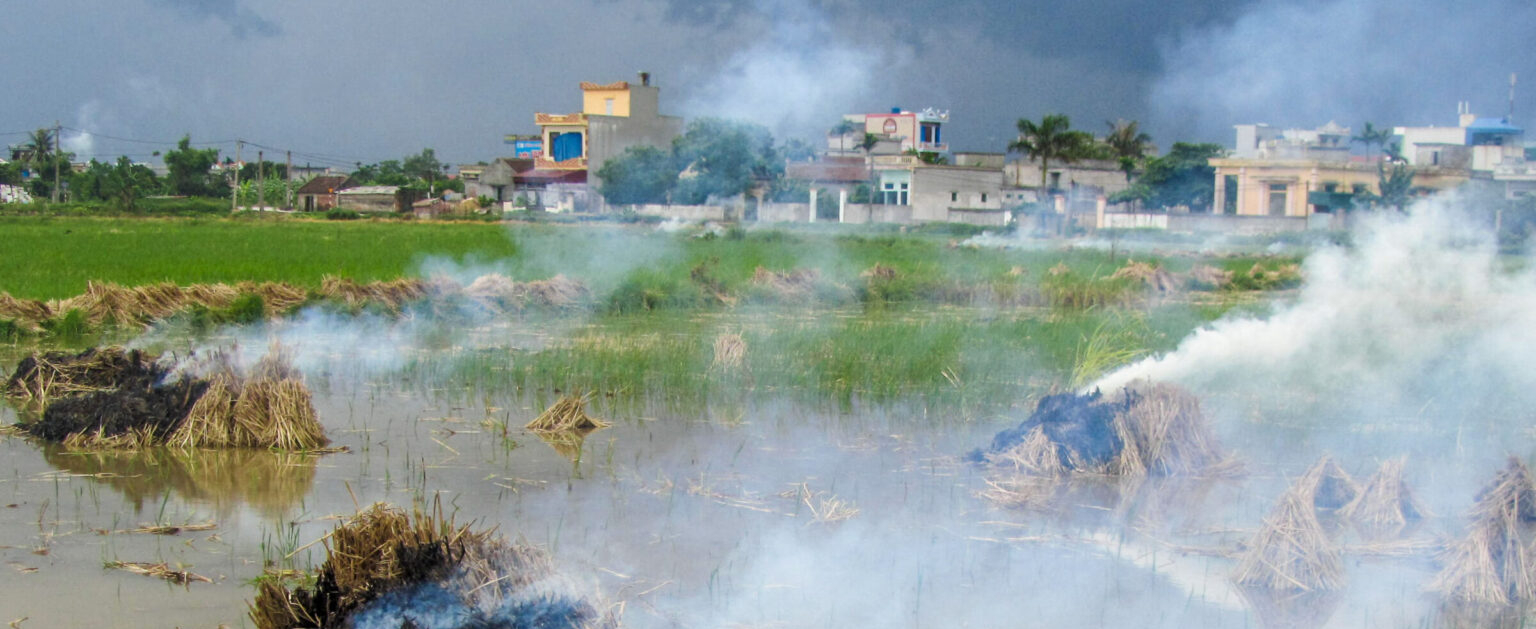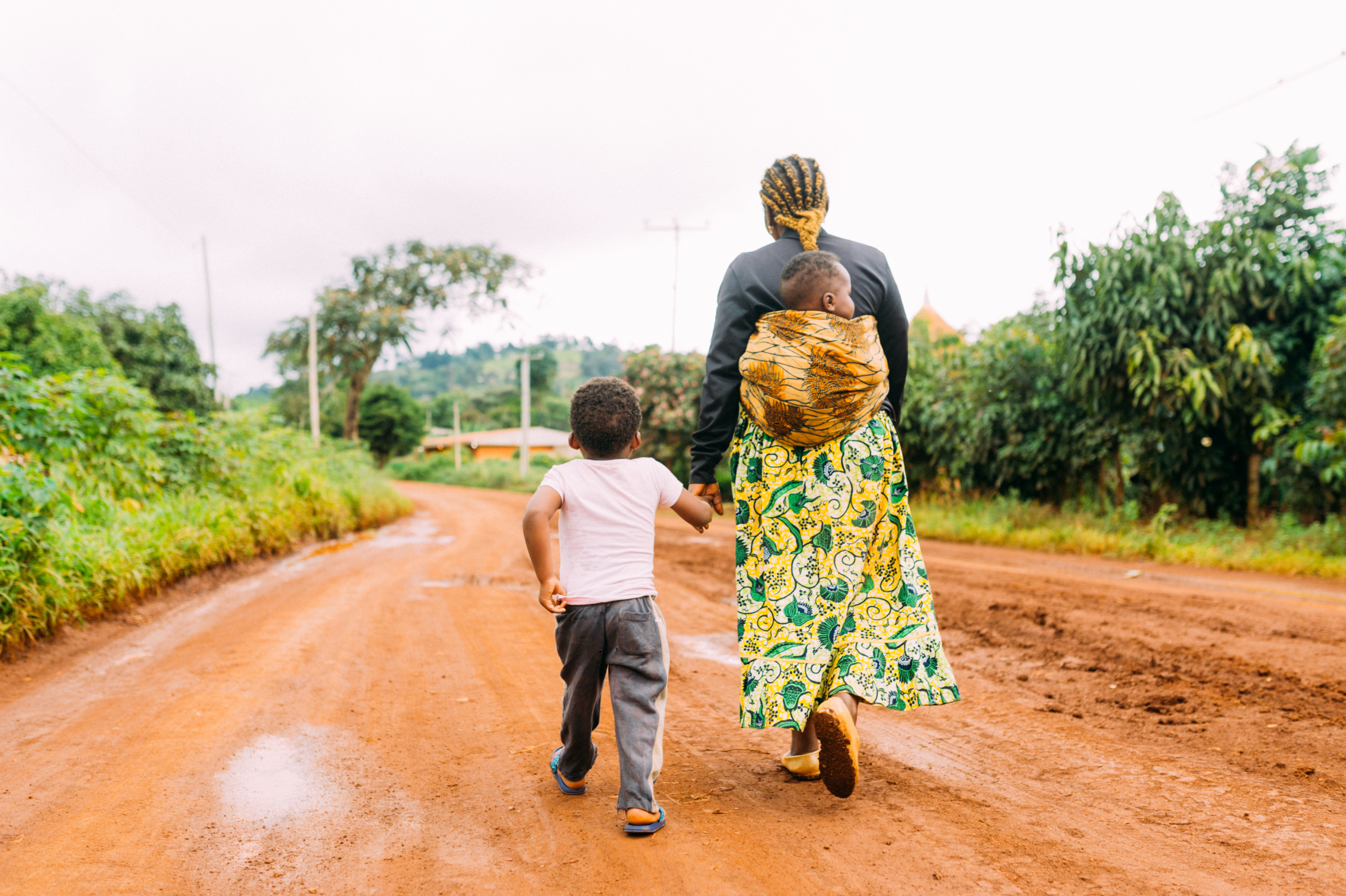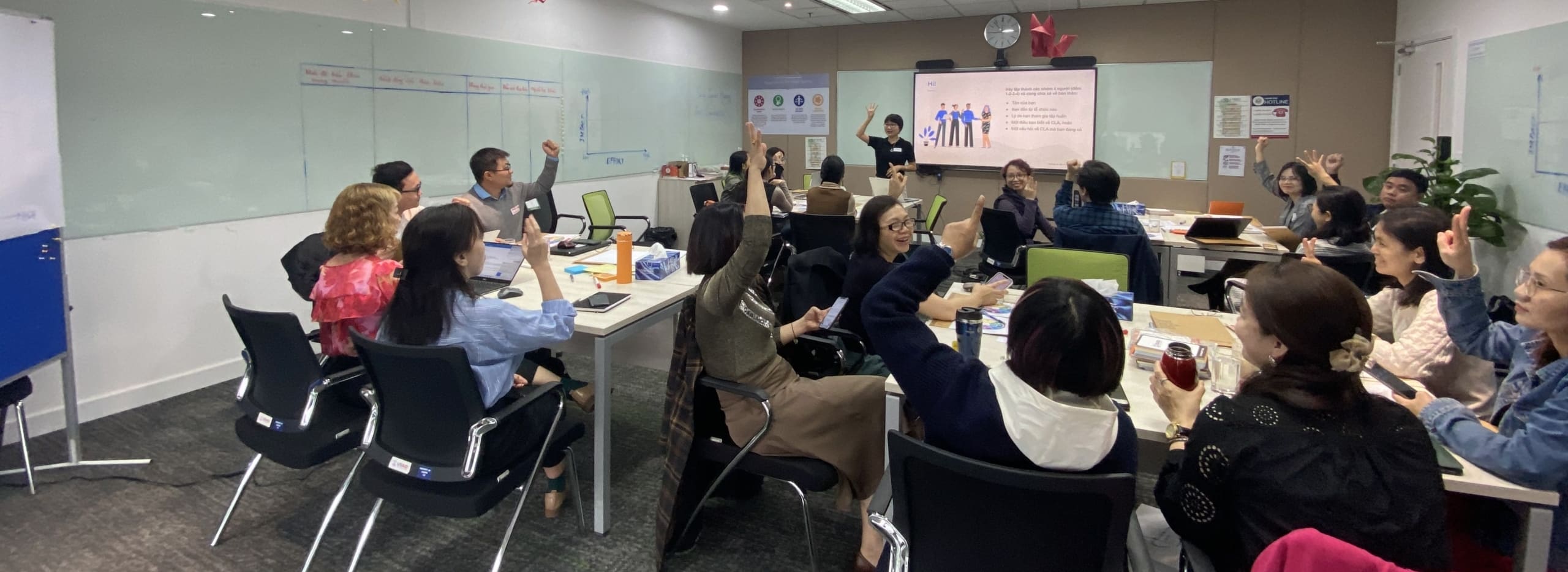SI’s ongoing portfolio evaluation of the Millennium Challenge Corporation (MCC) community-based off-grid renewable energy (CBOG RE) programming in Indonesia is contributing to the evidence base for the role of off-grid renewable energy (RE) in low carbon economic growth.
The Problem
In 2013, roughly 20% of Indonesians lacked access to electricity. Households and enterprises without access were typically located in poorer and more remote areas, where it was not cost effective to extend regional electricity grids to serve them. Instead, these Indonesians would typically use expensive and polluting sources of energy such as diesel generators and kerosene lamps for domestic or productive use. The greenhouse gases (GHG) emitted from these energy sources contribute to climate change and corresponding sea level rise which for Indonesia as an archipelago nation, is particularly threatening.
In response, the Government of Indonesia set goals to ensure that 100% of its population had access to electricity by 2020 while also increasing the use of RE. The Millennium Challenge Corporation (MCC) entered a Compact with Indonesia in 2013 that aimed, among other objectives, to increase productivity and reduce reliance on fossil fuels, including through off-grid RE infrastructure owned and operated by local communities.
The Project
One project under the Compact, the Green Prosperity Project, included a Grant Facility that funded 26 grants with strategies for constructing off-grid RE infrastructure, training communities in their management and operation, and using them to promote social and economic opportunities in remote rural communities across Indonesia. The grants funded either aimed to establish small-scale sources of electricity in areas previously without access or improve the quality and capacity of existing electricity through solar or micro-hydro-powered grids. Since 2013, SI has been conducting a qualitative and quantitative evaluation to investigate the extent to which these grants have created the social and economic opportunities they targeted, if they substituted the use of RE for fossil fuels, and whether the infrastructure funded is sustainable.
Interim Evaluation Findings
SI’s interim evaluation assessed how energy consumption patterns changed in response to the renewable electricity, if the electricity was used for economic purposes, and if energy consumption patterns resulted in reduced greenhouse gas emissions after one year of community exposure to CBOG RE infrastructure. The evaluation found positive outcomes for domestic use of the electricity and fuel substitution in the short-term, such as improved gender equality through more efficient completion of women’s domestic tasks, and potential reductions in GHG emissions.
The interim evaluation, however, also identified critical challenges the operational and financial sustainability of the CBOG RE infrastructure. Restrictively low user fees combined with lower than anticipated demand limited the facilities’ ability to afford key operations and maintenance costs without external funding. Due to these constraints, some grants designed sustainability strategies such as partnering with a RE service company with a built-in customer base, securing government subsidies, or obtaining users with high energy demand like medical facilities. These challenges yield important learning for the design of future RE infrastructure projects to maximize sustainability.
Ongoing Activities
SI seeks to contribute to the global climate action cause by providing funders and policy makers with the evidence they need to advance development effectiveness, including to create a lower carbon future. SI’s ongoing CBOG RE portfolio evaluation will continue to assess the barriers to sustainability for the important outcomes achieved by off-grid RE programming and how these barriers can be overcome by governments and international funders. The results of SI’s interim evaluation are available on MCC’s evaluation catalog. The portfolio’s endline evaluation examining long-term outcomes including the effect of RE on productivity and ongoing sustainability challenges will be available in 2022.









